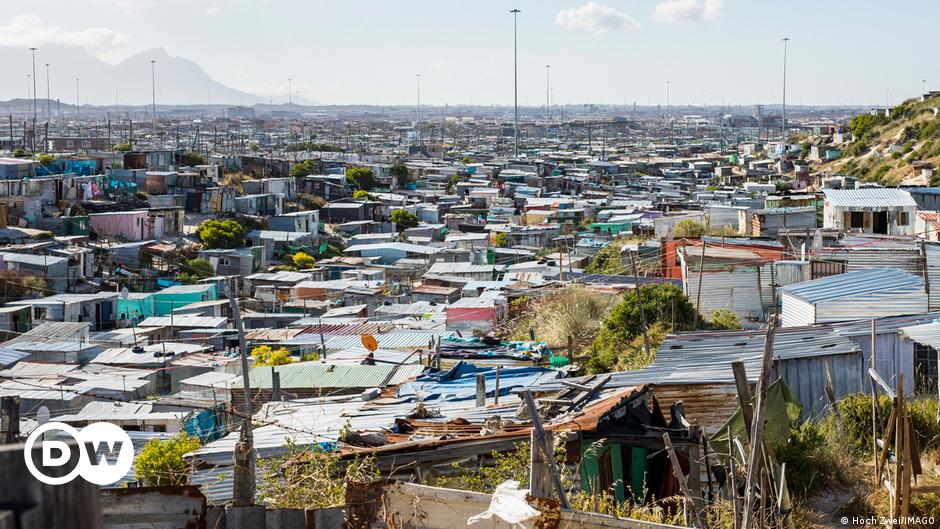Thirty years after the end of apartheid, South Africa is looking back on a democratic but deeply divided society. Political divisions have fueled a growing disappointment with Nelson Mandela’s liberation party, the ANC.
As a newly democratic country, South Africa got off to a euphoric start with its first free elections in 1994.
People queued up for hours to cast their votes, full of hope, optimism and joy. That positive spirit continued as Nelson Mandela was elected president after spending 27 years in prison.
The African National Congress (ANC), Mandela’s political party and former anti-apartheid movement, came into power, ending not only white minority rule but centuries of colonialist mentality. It’s still in power today.
However, looking back on the past 30 years, the assessment on the state of Mandela’s “rainbow nation” is sober: The economy in the Cape of Good Hope is ailing, society is still divided along racial lines and people feel their politicians don’t understand them.
Meanwhile, the gap between rich and poor has kept growing — despite the fact that the ANC made the issue a central concern when it came to power in 1994. Frustration over these shattered dreams runs deep.



Am I misunderstanding the article? Because it seems to be saying that while things are still bad, there have been vast improvements while at the same time saying that things aren’t much better than they used to be?
The dream of unity being shattered part seems to rest in the idea that there are still a bunch of white racists in South Africa. Did anyone expect white racists would just disappear once apartheid ended? Did anyone really think they wouldn’t pass that racism on to their kids? Because that’s really fucking naïve.
From what I can tell from the article itself, South Africa has made some major steps in the right direction and has improved a lot of people’s lives. It’s just still got a long way to go before things are actually equitable. It’s also really doing badly in terms of government corruption and income inequality (which have nothing to do with Mandela’s ideas about unity). It seems to me like the thrust of the article shouldn’t be that the dream of unity lies shattered, it should be that you can’t fix 50 years of apartheid in 30 years without it.
I think the main thrust is that the ANC made great progress in 10 years, then stagnated for 10 years, and is now getting progressively worse for the last 10 years. Voters therefore are not optimistic for the next 10 with ANC in power. Corruption destroys unity and respect for governing authority, just look at the USA a few years ago.
Imo, it’s not healthy when any one political party (or one head of state for that matter) governs for too many consequent years, and this goes for any country. This would automatically lead to nepotism and corruption, a dysfunctional state as the leaders become more and more estranged from its constituents. Even though I can empathise towards the voter’s choice for upholding the ANC in power for fear of regression to their past regime. Democracy, though simple in theory, can be very complex in reality.
You could be describing my Midwest American city. Democrats here have no competition, so they get away with all kinds of corruption. There have been attempts to disrupt the local party machine from within, but they’ve been unsuccessful.